The Number One Reason Talented People Stay In Their Roles
In the competitive world of recruitment, understanding why top performers stay in their roles is just as important as attracting them in the first place.
Australian businesses face the ongoing challenge of retaining talented employees, which requires a deeper understanding of what drives their long-term commitment.
The good news is that recent studies have highlighted several key factors that strongly influence why talented people remain loyal to their organisations.
Interestingly, the number one reason might not be what most people expect.
While salary and job titles are often discussed, the research points to a much deeper, more intrinsic driver that keeps top talent engaged.
Let’s explore the reasons why talented employees in Australia stay in their roles.
1. They Want to Leave a Legacy
The number one reason that talented individuals stay in their roles is the desire to leave a legacy. It’s not simply about salary or a title. Instead, high-performing employees are driven by the opportunity to make a meaningful impact within their organisation. A 2024 report by the Australian Institute of Management found that employees who felt their work contributed to something significant were far more likely to remain with their employer long-term.
In fact, the report noted that 72% of employees in leadership positions said they would prefer to remain in a job where they felt they were building something impactful for the future, rather than seeking a role that focused only on financial rewards or personal accolades. High-performing talent wants to leave a legacy through innovative work, nurturing teams, and shaping the company’s future.
2. A Sense of Belonging
Top talent also stays because they want to feel like they truly belong within an organisation.
According to a 2023 LinkedIn Australian Talent Trends Report, 58% of Australian employees cited a strong sense of belonging as a key factor in their decision to stay with their current employer. Talented people want to work in environments where they feel valued, supported, and challenged by their colleagues.
This sense of belonging is also tied to the idea of working alongside other top-tier professionals. Rather than focusing on being the best themselves, employees want to collaborate with others who can help them grow. When employees feel like they are part of a team with shared goals and values, they are far more likely to stay engaged and committed to the organisation.
3. Opportunities for Personal and Professional Growth
The opportunity for personal and professional growth is another key factor driving retention among talented employees in Australia. A 2024 survey by PwC Australia found that 65% of employees stated that the chance for career advancement and personal growth was one of the most important reasons they stayed in their jobs.
In a competitive job market, employees are increasingly looking for organisations that offer development opportunities, be it through mentorship, further training, or career progression. Talented individuals seek roles where they can continually develop their skills and achieve both their personal and professional goals. In fact, the PwC report found that employees who have access to career advancement opportunities are 3.5 times more likely to remain in their roles than those who do not feel supported in their growth.
4. Work That’s Meaningful and Challenging
Another key reason talented individuals stay is because the work itself is meaningful and challenging. According to a study by the Australian Bureau of Statistics, 62% of employees are more likely to stay in their role if they felt the work was both engaging and intellectually stimulating.
Meaningful work provides a sense of purpose and connection to broader goals, which is why employees in sectors like technology, healthcare, and education are especially motivated by the potential to create real-world impact. This is particularly relevant in Australia’s rapidly evolving job market, where talent is more likely to stay if they feel their efforts are driving change and innovation.
5. Leadership Worth Following
One of the strongest predictors of talent retention is strong leadership. A 2024 report from Leadership Management Australia (LMA) revealed that 70% of employees said their decision to stay with an organisation was directly tied to the quality of leadership. Employees want to feel that their leaders are approachable, supportive, and capable of guiding the team toward success.
The research further highlighted that when employees trust their leaders and feel their opinions are valued, they are significantly more likely to stay. Conversely, poor leadership, a lack of direction, or toxic management can drive talented people to leave, regardless of other benefits or perks the organisation offers. As the LMA report noted, employees often leave because of poor leadership, with many stating they would have stayed if their manager had been more supportive.
6. Competitive Compensation and Benefits
While not the primary driver, competitive compensation and benefits still play a crucial role in talent retention in Australia.
According to an Australian Workforce Survey by Workplace Insight, 58% of employees said they would leave their role if they felt their compensation did not reflect their contributions or was below market standards.
However, it’s not just about salary. Flexible work arrangements, health benefits, and a positive work-life balance are increasingly important factors. a 2024 Australian Employee Benefits Survey found that benefits such as remote work options and paid time off were rated as highly important for employee retention. When compensation is combined with a supportive work culture, employees are more likely to stay.
What Will Your Legacy Be?
As we’ve seen, the number one reason talented people stay in their roles is the opportunity to leave a lasting legacy—to make an impact that goes beyond their own personal success. This insight is especially relevant in Australia, where there’s a strong culture of collaboration, growth, and meaningful work.
If you’re an employer, think about what you can do to help employees create their own legacies within your organisation. Providing them with opportunities for growth, fostering a culture of belonging, offering meaningful work, and supporting strong leadership are all essential steps in ensuring that top talent remains engaged and committed to your business.
And for those of you working within an organisation, take a moment to reflect: What will your legacy be? It’s a question worth considering, as it can help guide your professional journey and inspire you to leave a mark that’s both meaningful and impactful.
Let’s work together to create an environment where talented individuals don’t just come to work—they
stay, thrive, and leave a lasting legacy.














